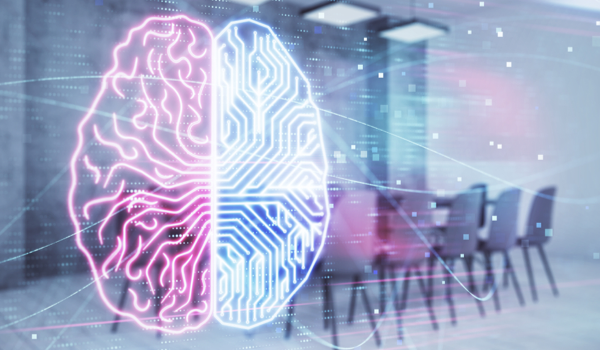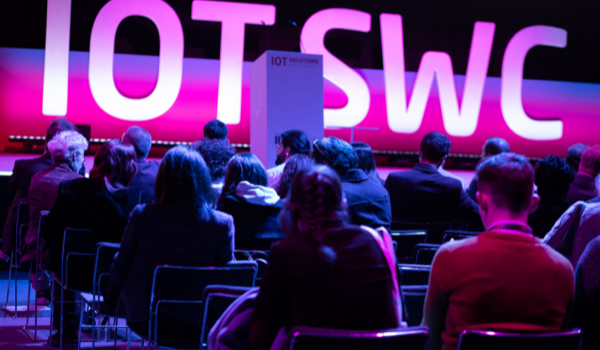


VANCOUVER -
This article has been adapted from the original version, which can be found on Gary Marcus' Substack.
What do living legend of linguistics Noam Chomsky, Kai-Fu Lee, perhaps the most famous artificial intelligence (AI) researcher in all of China, and Yejin Choi, the 2022 MacArthur Fellowship winner profiled earlier this week in The New York Times Magazine, and more than a dozen other scientists, economists, researchers, and elected officials all have in common?
They all worry about the near-term future of AI, and the most worrisome thing of all is that they all worry about different things.
Each spoke last month on December 23 at the AGI Debate (co-organized by Montreal.AI’s Vince Boucher and myself). No summary can capture all that was said - though Tiernan Ray’s 8,000 word account at ZDNet comes close - but here are a few of the many concerns raised.
- Noam Chomsky, who led off the night, is concerned about whether the current approach to AI will ever tell the world anything about the thing that he cares about most: What makes the human mind what it is?
- I, Gary Marcus, worry about whether contemporary approaches to AI will ever provide solutions to four key aspects of thought
The content herein is subject to copyright by The Yuan. All rights reserved. The content of the services is owned or licensed to The Yuan. Such content from The Yuan may be shared and reprinted but must clearly identify The Yuan as its original source. Content from a third-party copyright holder identified in the copyright notice contained in such third party’s content appearing in The Yuan must likewise be clearly labeled as such.
 Continue with Linkedin
Continue with Linkedin
 Continue with Google
Continue with Google







 2233 views
2233 views










